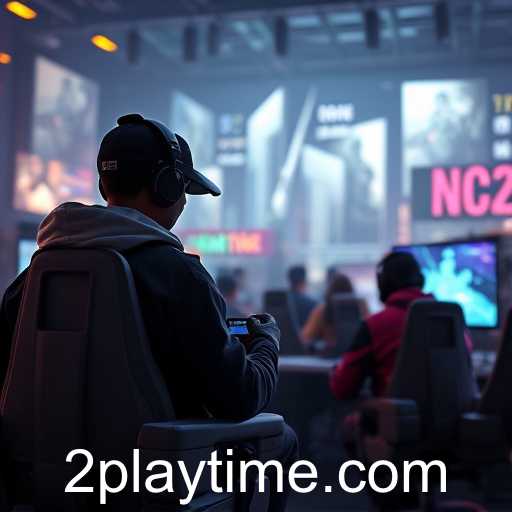In the year 2025, the gaming world has experienced a dramatic transformation. With advancements in technology and shifts in player preferences, "play time" has taken on a new meaning. The introduction of advanced AI and virtual reality in games has created immersive experiences that extend beyond traditional gaming boundaries.
One of the most significant changes in recent years has been the rise of multiplayer online environments. In 2025, gaming is no longer considered a solitary activity. Instead, it's a communal experience where players from around the globe connect, compete, and collaborate in virtual worlds. These platforms have evolved into vibrant communities where "play time" is not just about scoring points but also about forming relationships and being part of a global network.
Commentators have noted the impact of virtual reality as a game-changer in this domain. With increasingly sophisticated VR technology, players are fully immersed in realistic settings, diminishing the line between the digital and physical worlds. This evolution has raised discussions around the psychological effects of such environments, as well as the social implications of spending extended periods in these digital realms.
From another angle, gaming in 2025 is also seen as a tool for education and skill development. Developers have harnessed the engaging nature of games to create educational content that helps players learn while they play. This trend underscores the versatility of modern games, as they cater to both entertainment and education, establishing themselves as valuable resources in various fields.
Moreover, the economic dynamics of gaming have shifted, with the industry generating billions in revenue. Subscription models and in-game purchases have become prevalent, offering sustained profitability for developers while giving players continuous content updates. Analysts suggest that this economic structure will only deepen as gaming becomes further integrated into daily life and culture.
Overall, as "play time" continues to evolve, it reflects broader societal and technological changes. The boundaries of gaming are constantly expanding, offering new experiences and challenges for players to explore. The future seems bright, promising greater interactivity and connectivity in the global gaming landscape.








